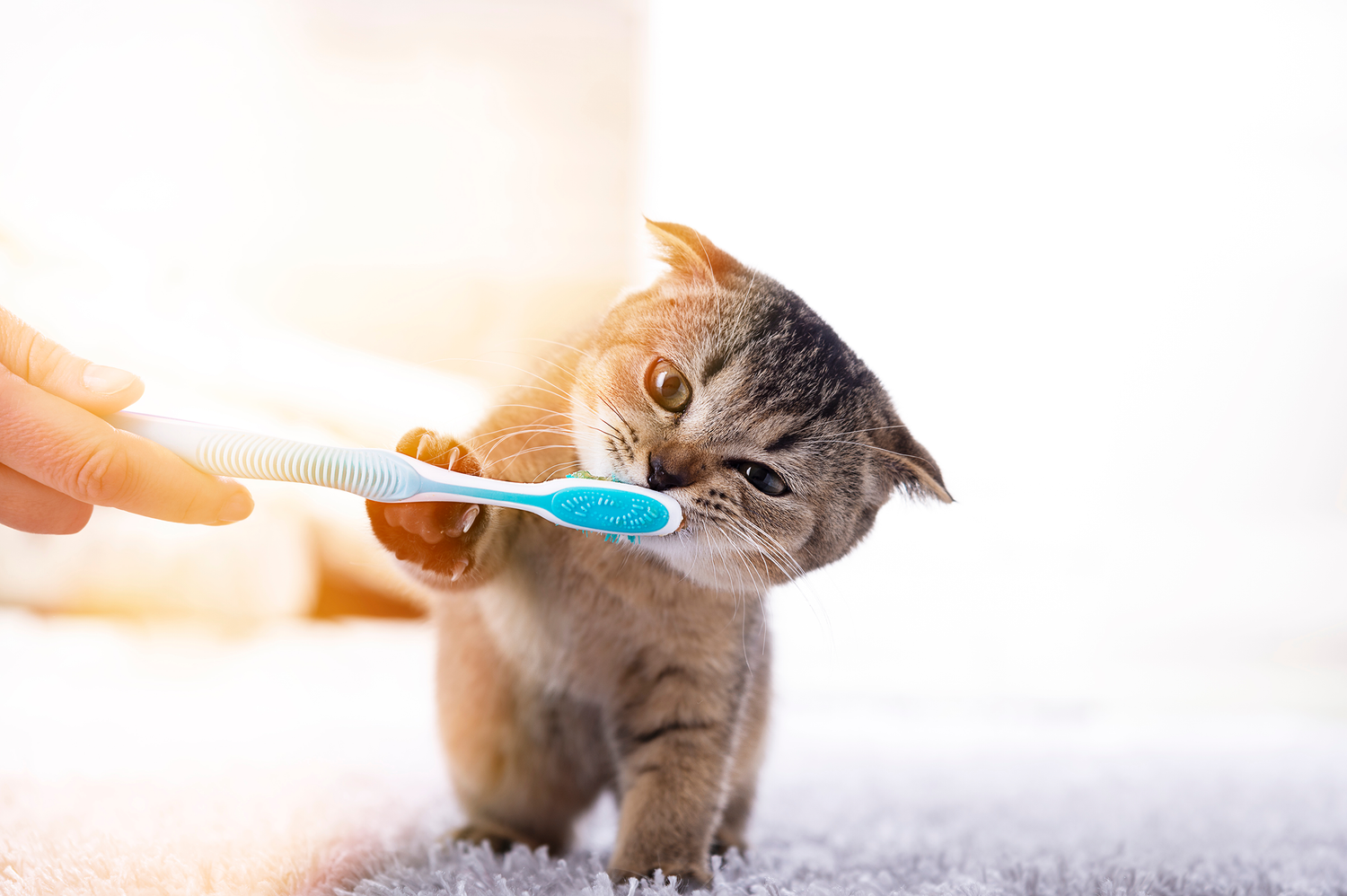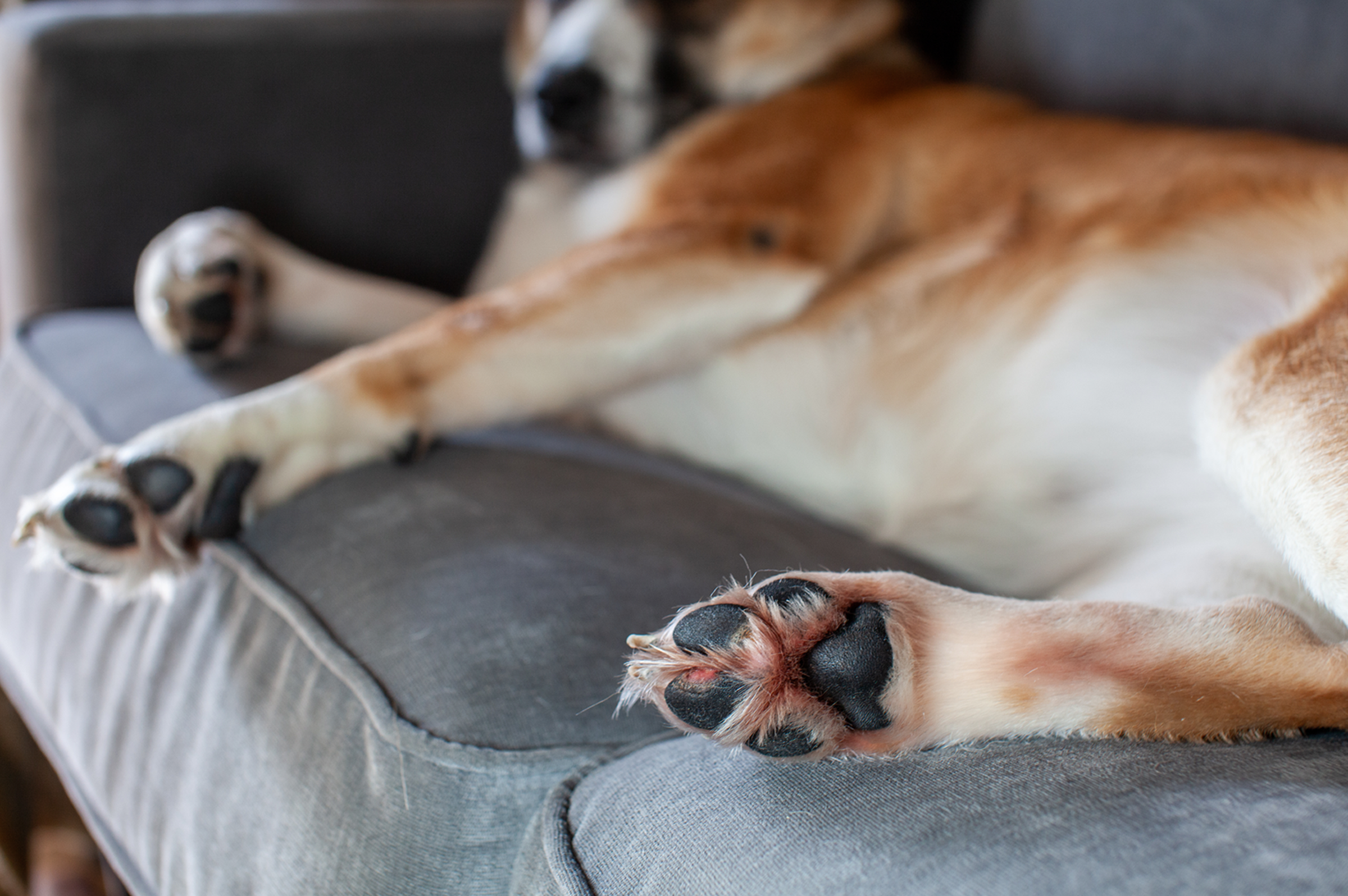When it comes to our feline friends, ensuring their overall well-being includes taking care of their dental health. Gingivitis, a common dental issue in cats, can lead to significant discomfort and potentially serious health problems if left unchecked. This inflammation of the gums is often a precursor to periodontal disease, but with the right natural strategies, it can be prevented, ensuring a happier and healthier life for your cat.
Understanding Gingivitis in cats
Gingivitis is caused by the buildup of plaque along the gum line, which then hardens into tartar. When left untreated, this condition can cause red, swollen, and bleeding gums. It also causes tooth decay, which leads to expensive and painful tooth extractions. Recognizing the signs of gingivitis early is crucial in preventing its progression. Symptoms such as bad breath, visible plaque and tartar, difficulty eating, and oral sensitivity should be monitored closely. A recent study highlights the importance of oral hygiene in cats to prevent such dental ailments.
Natural Prevention Strategies
Preventing gingivitis is essential, and thankfully, there are natural and effective ways to achieve this. Below are strategies that can be incorporated into your cat's routine to promote dental health and stave off gingivitis.
Diet Matters
A proper diet is fundamental in promoting good oral health. Feeding your cat a balanced, high-quality diet can help maintain healthy teeth and gums. Some points to consider include:
- Bones: Chewing on bones can naturally help scrape off plaque from your cat's teeth. It's a process that mimics the chewing on prey animals' bones in the wild. However, always supervise your cat to prevent choking hazards.
- Special Diets: Some manufacturers offer special diets formulated to promote dental health, which can be a good option for cats prone to dental issues.
Daily Teeth Brushing
Brushing your cat's teeth daily with a cat-safe toothpaste can dramatically reduce the incidence of gingivitis. Introduce teeth brushing gently and gradually to make the experience as pleasant as possible for your cat. Consistency with this routine can lead to significant long-term benefits.
Herbal Remedies
Certain herbs and natural additives can be beneficial for your cat's dental hygiene. Options worth considering include:
- Coconut Oil: Known for its antimicrobial properties, adding a little coconut oil to your cat's diet or using it to brush their teeth can help reduce harmful bacteria.
- Neem: With its antiseptic properties, neem can be a useful addition to your cat's dental routine either as a chew or a rinse.
- Cinnamon: A recent study shows great promise for cinnamon as an antimicrobial against harmful oral and gut microflora.
Professional Dental Cleanings
Along with at-home care, regular professional dental cleanings by a veterinarian play an important role in preventing gingivitis. These cleanings can remove plaque and tartar that at-home care can't manage. The American Veterinary Medical Association recommends regular dental check-ups for cats.
Choosing Quality Products
It’s important to select the right products to support your cat's dental health. At Pet Wellness Direct, we strive to offer scientifically formulated wellness products that are vet-approved and made in the USA. Our range caters to both dogs and cats, ensuring that they receive the best care possible. We support cat owners in their efforts to prevent gingivitis naturally with our Total Oral Care Spray.
Maintaining your cat's oral hygiene doesn't have to be a challenge. With the right strategies and quality products, preventing gingivitis in cats is a natural and achievable goal for cat parents dedicated to their companions' health and happiness.










